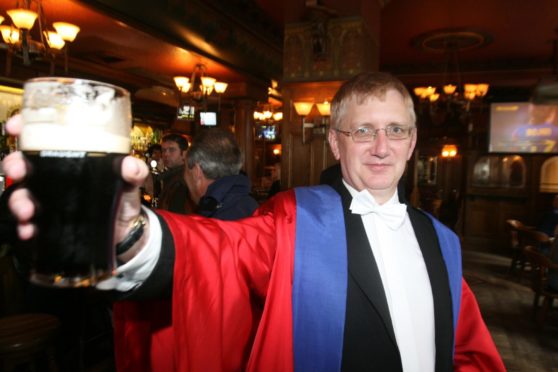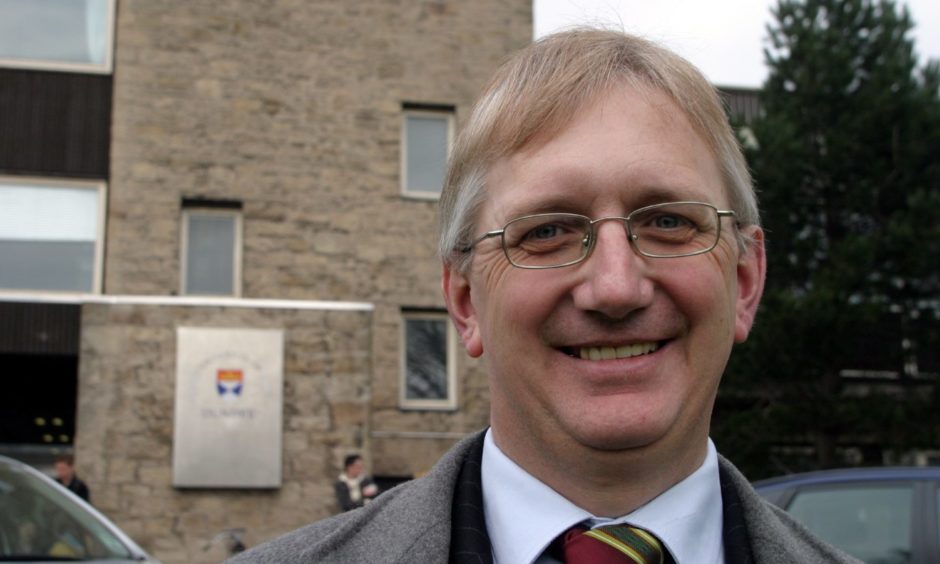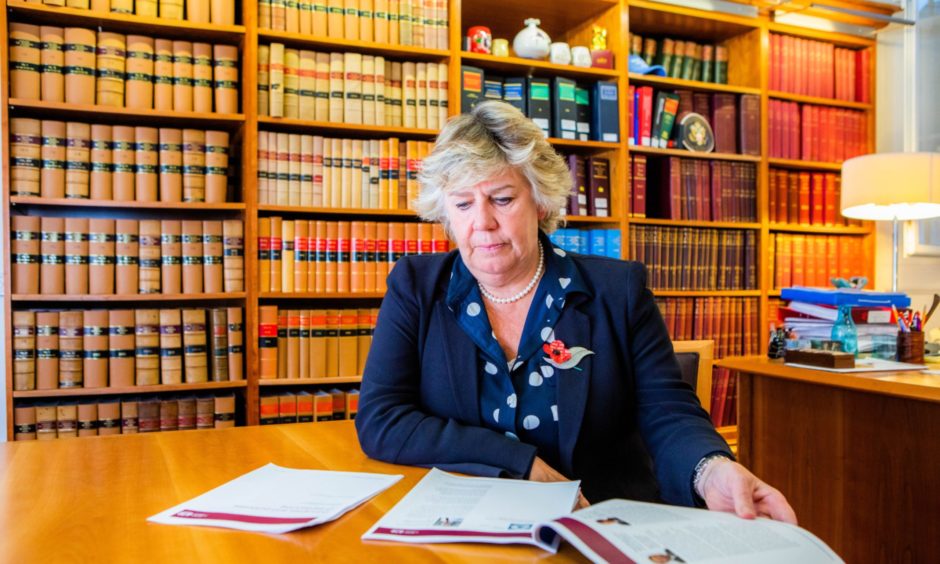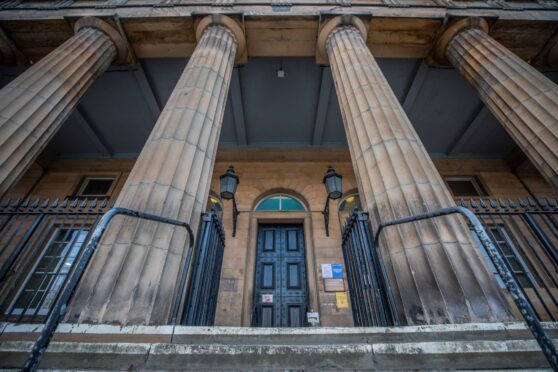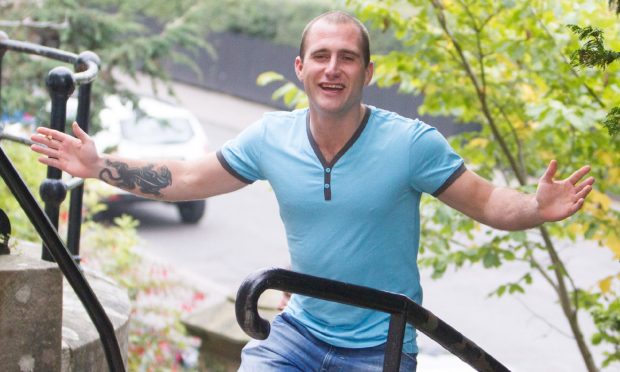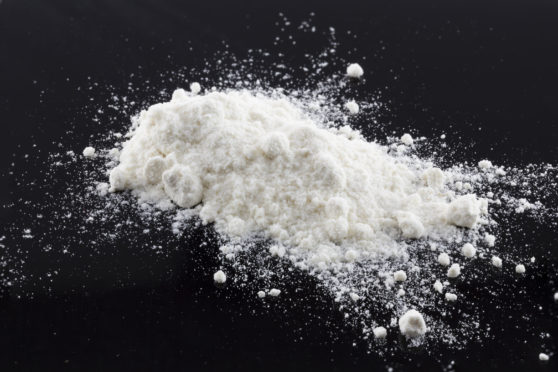Prominent pro-independence blogger Craig Murray has been jailed for eight months for breaching strict rules around identifying witnesses at the Alex Salmond high court trial.
Mr Murray, 62, breached a court order passed to protect women giving evidence at the former first minister’s trial last year by posting a series of articles that complainers said could potentially lead to their identification.
The judge in the March 2020 trial – which saw Mr Salmond acquitted of all charges – made an order prohibiting the disclosure of the identities of the women involved or any information that could lead to them being identified.
Mr Murray breached that order by publishing information on his blog that allowed readers to gain enough knowledge that they could potentially identify the women.
At a hearing held earlier this year, judges ruled that the articles “constitute contempt of court” and Lady Dorrian said Mr Murray had published material “capable of identifying four different complainers”.
In sentencing, Lady Dorrian said Mr Murray was aware of the court orders at the time and was “relishing” the potential disclosure of the identities.
Who is Craig Murray?
Mr Murray served as the rector of Dundee University from 2007 to 2010 and had been due to stand as a candidate for Alex Salmond’s Alba Party in the recent Scottish Parliament elections.
He grew up in Norfolk as the son of a former Leith dockworker and was elected president of the Dundee University Students’ Association, graduating from the institution in 1982 with an MA (Hons) in Modern History.
Following a number of postings with the Foreign Office, Mr Murray was appointed as the British ambassador to Uzbekistan, at the age of 43, where he was formally in office from August 2002 to October 2004.
He stood as an independent candidate to become an MP in 2005 and 2009 but was unsuccessful both times.
He rejoined the Liberal Democrat Party briefly in 2010, after being a Liberal activist in his youth, but quit and joined the SNP the following year.
After an unsuccessful bid at nomination to stand for the SNP, he quit the party in 2016 to campaign for Scottish independence at the 2017 General Election.
Mr Murray has faced criticism over claims made on his blog on issues such as the leak of Hillary Clinton’s emails ahead of the 2016 US presidential election and the 2018 Skripal poisoning in Salisbury, which opponents have blasted as conspiracy theories.
He was set to contest the Lothian regional list under the Action for Independence party at this month’s Holyrood election until Mr Salmond launched the Alba Party.
The Alex Salmond trial
Alex Salmond was acquitted of all 13 charges in March 2020 after being accused of a string of sexual assaults and attempted rapes.
Mr Murray watched two days of the trial from the public gallery of Edinburgh’s High Court and wrote about it on his political blog and social media.
During the trial and its aftermath, Mr Murray laid out his belief that the SNP leadership, the Scottish Government, the Crown Office and police conspired to convict Mr Salmond of sexual harassment and attempted rape.
His previous lawyer, John Scott QC, told the judges earlier this year that Mr Murray saw the trial as part of “a bigger picture”.
At a virtual sentencing session on Tuesday, Lady Dorrian said he had deliberately risked jigsaw identification and that revealing complainers’ identities was “abhorrent”.
She said it was “particularly so, given the enormous publicity which the case in question attracted and continues to attract”.
His offending posts and tweets were written over a period of a month and remained live, unredacted, despite the blogger being told they could potentially lead to the identification of women who had made complaints about Mr Salmond.
Lady Dorrian said: “It appears from the posts and articles that he was, in fact, relishing the task he set himself, which was essentially to allow the identities of complainers to be discerned – which he thought was in the public interest – in a way which did not attract sanction.”
She added: “These actions create a real risk that complainers may be reluctant to come forward in future cases, particularly where the case may be high profile or likely to attract significant publicity.
“The actions strike at the heart of the fair administration of justice.”
Earlier this year Clive Thomson from Rosyth was jailed for six months for publishing the names of women who gave evidence on his Twitter account.
Extra time to appeal
Mr Murray was initially given 48 hours to hand himself in to a police station but, after a challenge by Roddy Dunlop QC, this was extended to three weeks so he can appeal the sentence, although he has to surrender his passport.
The High Court in Edinburgh heard on Friday in a mitigation submission that the former ambassador may be be unable to “cope” in prison.
Mr Dunlop, Scotland’s most senior advocate, argued the political blogger is in poor health and suffers from pulmonary hypertension – a debilitating lung condition that a senior doctor fears would make it difficult for him to be in prison.
He said jailing Mr Murray may also breach his rights under article 10 of the European Convention on Human Rights – the right to freedom of speech.
Mr Dunlop said Mr Murray has been married to his partner for 21 years and is a father to a two-month-old baby and an 11-year-old son.
